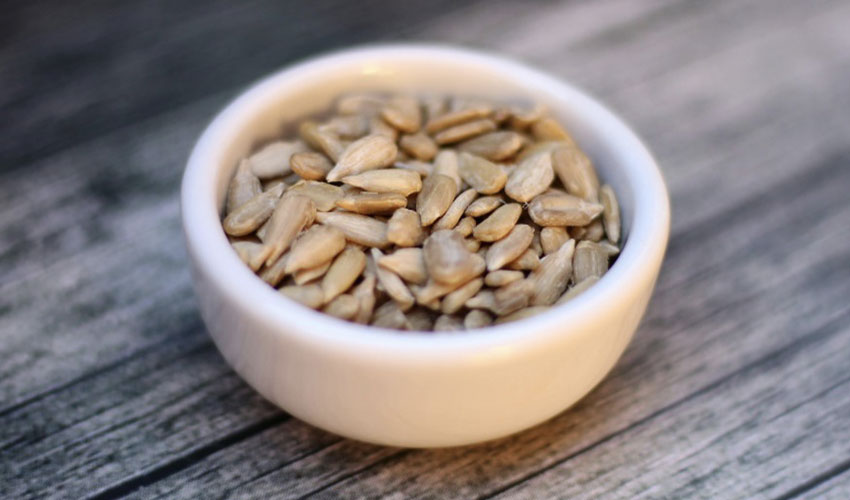- Mumbai, New Delhi, Bangalore
- (+91) 81518 30000
- WhatsApp Now
- contact@vedawellnessworld.com
To produce and sustain immune cells, the body requires energy which is derived from the consumption of food and beverages. Apart from energizing immune cells, various macronutrients and micronutrients provide additional support across various bodily functions, namely:
Citrus fruits are a go- to when we are sick, right? That’s because it increases the production of white blood cells which is essential to fight infections. Try to include fruits such as oranges, tangerines, lemon, lime and grapefruit in your routine diet. However, it may be very easy to miss out on eating these fruits especially when you have a hectic schedule. In that case, you can opt for supplements, not more than 2000 mg in a day, wherein the daily dose requirement for men being 90 mg and 75 mg for women.

High in Vitamin C, red bell peppers are also rich sources of beta- carotene. Your body then converts this beta- carotene into Vitamin A which helps keep your eyes and skin healthy.

Broccoli is rich in vitamins and minerals, having high levels of vitamins A, C, and E, along with fiber and numerous antioxidants. It is one of the most nutritious vegetables you can incorporate into your meals.
NOTE- Cook it minimally, preferably, not at all. Studies indicate that steaming or microwaving are optimal techniques for retaining the maximum amount of nutrients in the food.

Garlic might also decelerate the process of arterial hardening and is prescribed for hypertension. The immune-enhancing attributes of garlic appear to stem from high amounts of sulfur-containing compounds, like allicin.

Remember how you drink adrak ki chai (Ginger tea) when you have a cold? Ginger potentially aids in lowering inflammation, easing conditions like sore throats, inflammatory diseases, and it might alleviate nausea as well. Despite its common use in sweet treats, ginger carries a spicy punch through gingerol, akin to capsaicin. Moreover, ginger could potentially alleviate chronic pain and might have properties that lower cholesterol levels.

Spinach contains a combination of antioxidants and beta- carotene, which enhances our immune system’s ability to fight infections. Like broccoli, spinach is at its nutritional peak when cooked minimally to preserve its nutrients. However, gentle cooking facilitates the absorption of vitamin A and releases other nutrients from oxalic acid, which acts as an anti-nutrient.

Opt for plain yogurts over the sugar-laden flavored varieties. You can add natural sugar to plain yogurt by mixing in fresh fruits and a dash of honey. Additionally, yogurt serves as an excellent source of vitamin D, which plays a crucial role in immune system regulation and enhancing our body’s internal disease-fighting mechanisms.
NOTE- Keep an eye out for yogurts that have ‘live and active cultures’ printed on the label since they are highly helpful in fighting infections.

In the realm of preventing and combating colds, vitamin E often receives less attention compared to vitamin C. Nevertheless, this potent antioxidant plays a crucial role in maintaining a robust immune system. Being fat-soluble, it necessitates the presence of fat for optimal absorption. Nuts like almonds are abundant in this vitamin and also contain beneficial fats. Adults typically require around 15 mg of vitamin E daily. A half-cup serving of almonds, approximately 46 whole, shelled almonds, offers roughly 100% of the recommended daily intake.

Sunflower seeds have a lot of nutrients like phosphorus, magnesium, and vitamins B6 and E. Vitamin E plays a crucial role in regulating and preserving immune system function. Avocados and dark leafy greens are among other foods rich in vitamin E. Furthermore, sunflower seeds are abundant in selenium, with just one ounce containing nearly half of the daily selenium requirement for the average adult.

For years, turmeric has served as an anti-inflammatory remedy for managing osteoarthritis and rheumatoid arthritis. Studies indicate that curcumin, the compound responsible for turmeric’s vibrant hue, can potentially reduce muscle damage induced by exercise when present in high concentrations.
At Veda, we are committed to providing comprehensive wellness solutions that cater to all aspects of your health. For more personalized wellness plans and expert guidance, visit our website at vedawellnessworld.com or call us at (+91) 8151830000 or (E) contact@vedawellnessworld.com Stay healthy, stay happy!